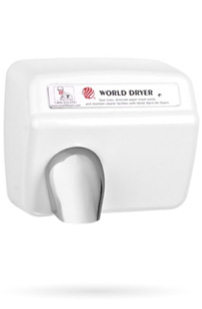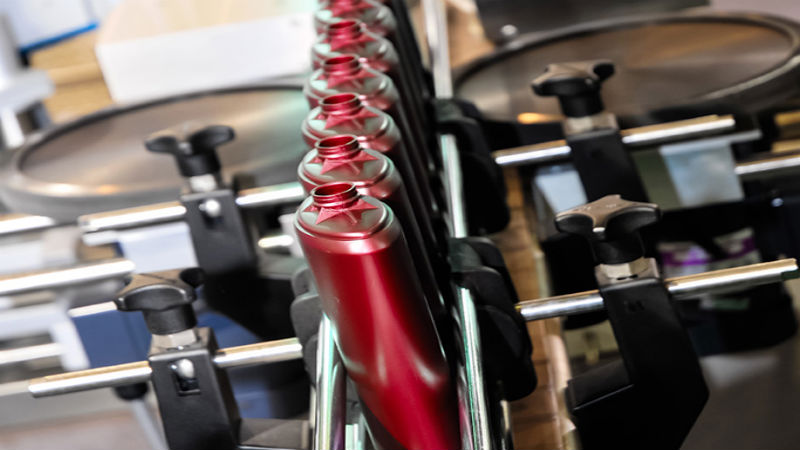In the oil industry, drilling is an essential component. After all, it’s not like television programs where a man goes hunting and suddenly notices crude oil bubbling out of the ground. Sometimes oil companies have to bore far into the earth and their oil pipes must withstand an enormous amount of wear and pressure. Here are some important things to know about drill pipes, to help you make the best choices on products and services.
Since it’s not possible to create a drill pipe in one piece, they must be joined together. In fact, the pipe usually comes in sections of about thirty feet with threaded ends known as tool joints. Drill pipe works as a conduit for drilling fluid (also called mud) as this greatly facilitates the process of drilling.
Stress of Drilling
Drill pipe is subjected to a great deal of torque pressure as the drill makes its way into the ground. Also, the longer the pipe the more stress is applied. In addition, as the drilling fluid is purged though the pipe, this creates additional pressure.
Because of the high degree of torque required, these oil pipes must be extremely strong and durable and are expensive to create. In fact, to save on costs, drill pipes are commonly re-used and they must be rigorously inspected before and after each use.
Tool Joint Wear
Just as the drill pipe receives a lot of wear, the tool joints are also subject to a great deal of stress. Moreover, new drilling technology is creating even greater demands on tool joints. Within a short amount of time, this kind of wear may exceed drilling specifications and significantly reduce its lifespan. It is not easy to track wear on drill pipes and this makes long term maintenance difficult. The process of hardbanding to protect the joints and pipes is expensive. Plus, the pipe must be removed and transported to a facility for hardbanding. However, it is an effective way to limit wear and tear.
The Solution
Perhaps the best way to limit maintenance and rig downtime is to go with a trusted supplier for oil pipes and related materials. This insures quality products. Choose a company which can provide all of your OCTG needs and has experienced specialists to help you choose the best products for your specific projects. Also, a supplier with a broad based inventory will help you avoid long waiting periods for parts and supplies.







